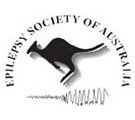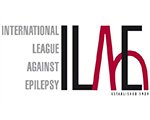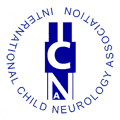Post infectious neuro-psychiatry disorders
Introduction
Post-infectious neuro-psychiatric disorders (PINDs) are a group of conditions that can occur in children and adolescents following an infection. These disorders are characterized by a sudden and dramatic onset of psychiatric symptoms such as obsessive-compulsive behaviors, anxiety, tics, personality changes, and mood lability. Dr. Ubaid Shah has dedicated a significant part of his practice to diagnosing, treating, and researching these complex conditions.
Understanding PINDs
PINDs often develop after common infections like strep throat, influenza, and viral respiratory illnesses. The most recognized among these is Pediatric Autoimmune Neuropsychiatric Disorders Associated with Streptococcal Infections (PANDAS), alongside its broader counterpart, Pediatric Acute-onset Neuropsychiatric Syndrome (PANS). These disorders are believed to be the result of an abnormal immune response that mistakenly targets the brain, leading to inflammation and a host of neurological and psychiatric symptoms.
Symptoms
The symptoms of PINDs can vary but typically include:
- Sudden onset of obsessive-compulsive behaviors or severely restrictive eating
- Unexplained episodes of anxiety or emotional lability
- Behavioral or personality changes
- Motor or vocal tics
- Decline in academic abilities
- Sensory sensitivities
Diagnosis
Diagnosing PINDs involves a thorough medical history, clinical evaluation, and often a series of tests to rule out other conditions. Dr. Shah uses a multidisciplinary approach to ensure a comprehensive assessment, collaborating with specialists in immunology, psychiatry, and neurology.
Treatment Approach
Treatment for PINDs may include:
- Medications to manage symptoms (such as antibiotics with immunomodulatory effect, other immunomodulatory therapies and IVIG-Intravenous Immunoglobulins.)
- Cognitive-behavioral therapy to help manage OCD symptoms and anxiety
- Educational and school-based supports
- Family education and support groups to help families cope with the rapid changes in their child’s behavior and mood
Research and Advocacy
Dr. Shah is actively involved in research aimed at understanding the underlying mechanisms of PINDs and improving treatment outcomes. He also advocates for greater awareness and better therapeutic interventions for these conditions.
Conclusion
If you suspect your child may be experiencing symptoms of a post-infectious neuro-psychiatric disorder, early consultation and intervention can be crucial. Please contact our office to schedule an appointment with Dr. Shah, who is committed to providing expert care and support for affected families.








